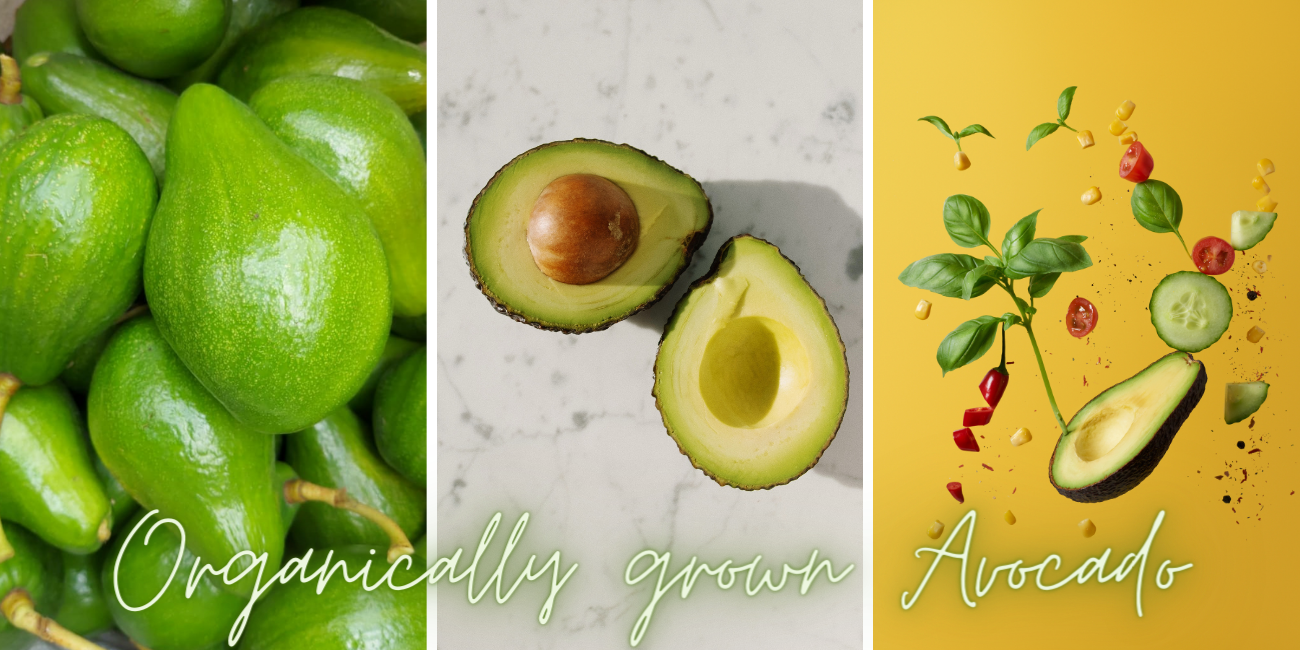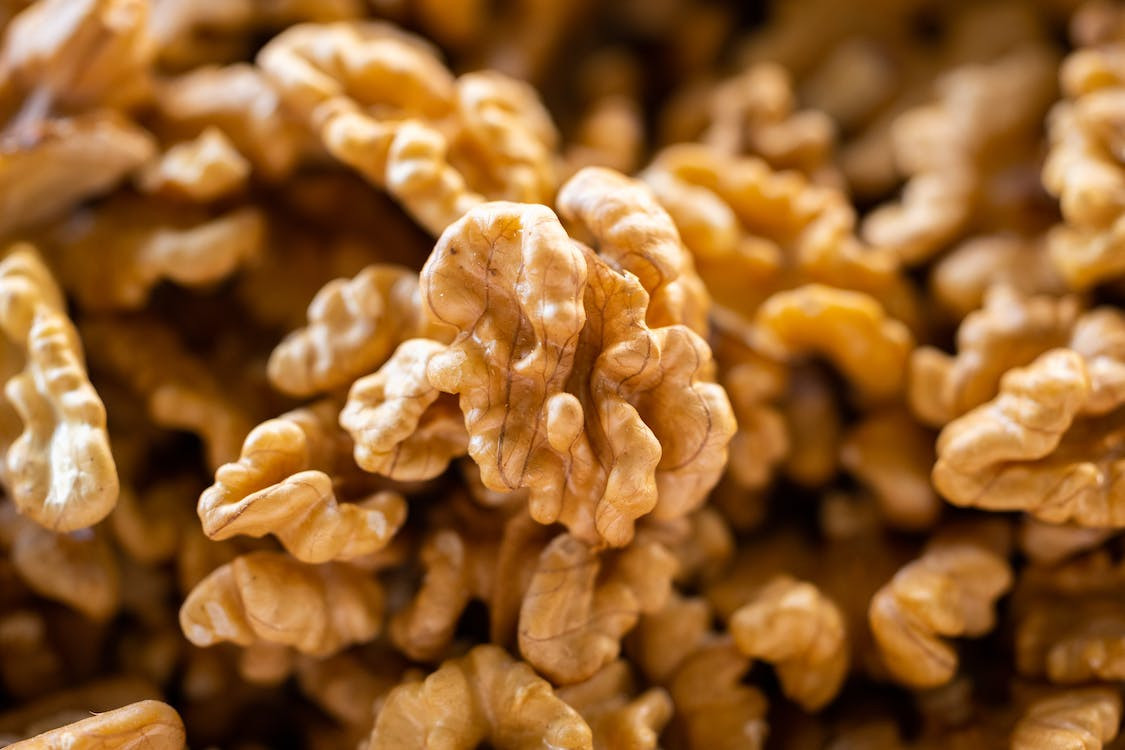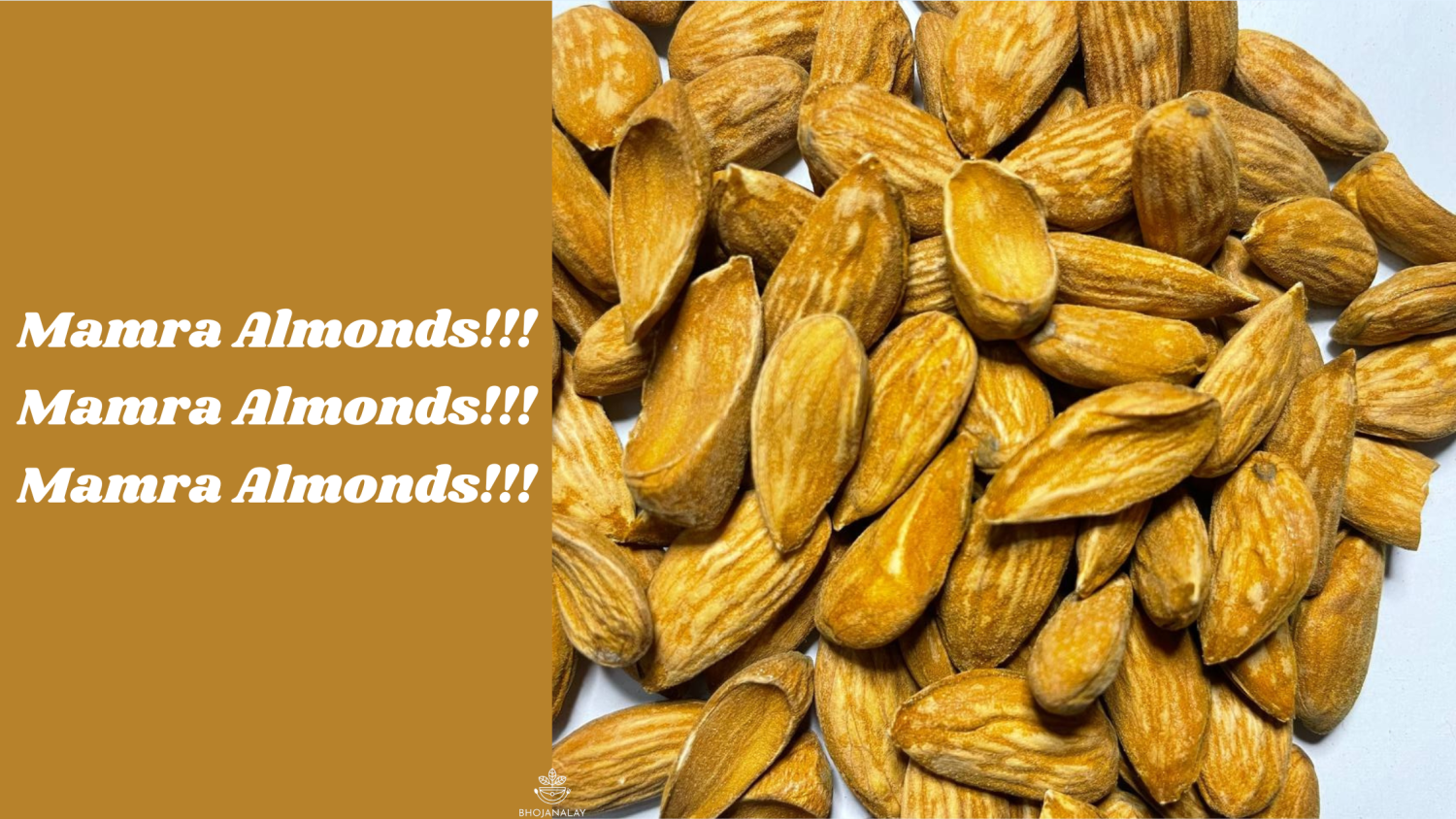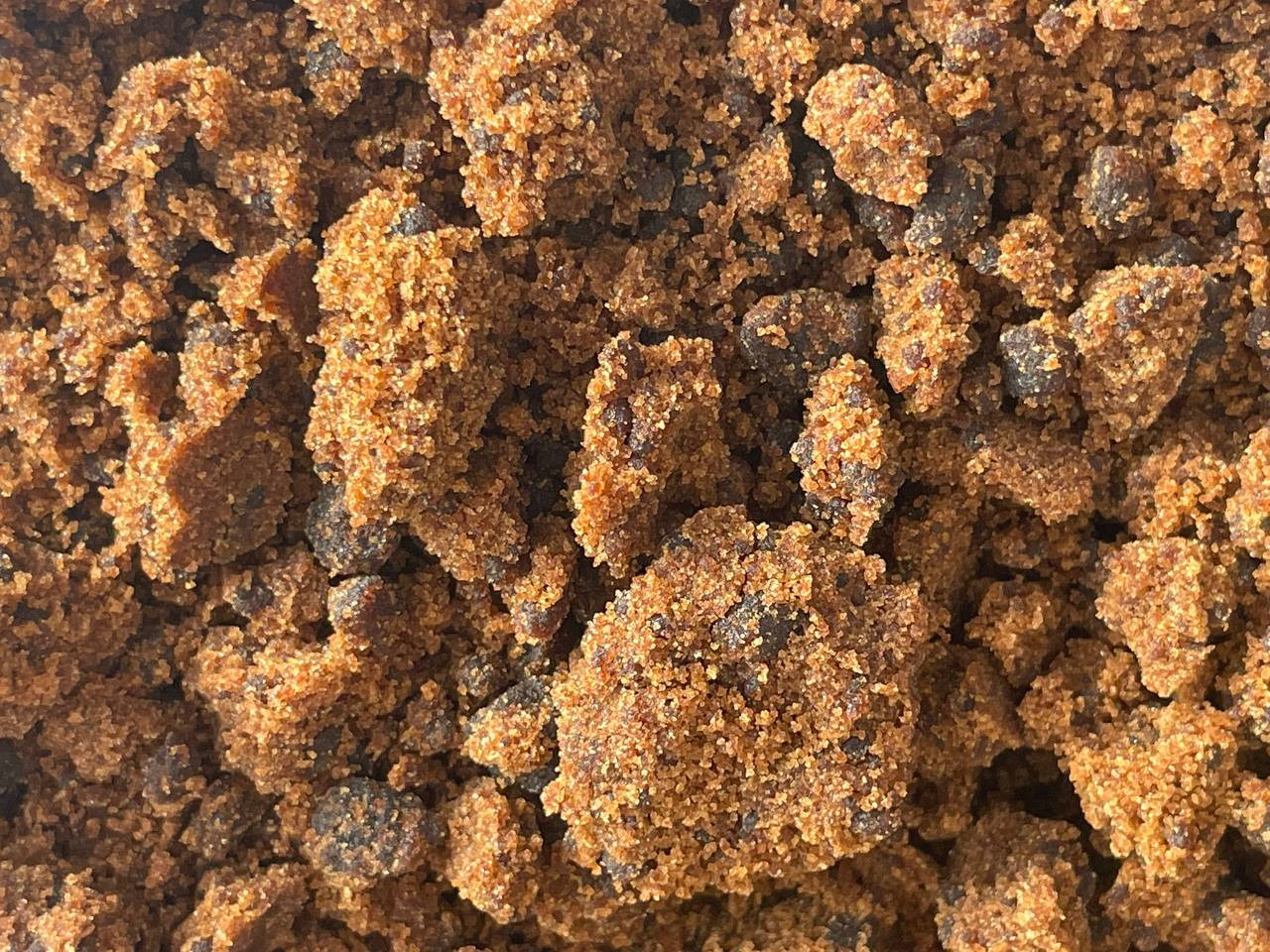Uncover the Healing Power of Honey: From Fighting Bacteria to Improving Skin Health

Honey is a natural sweetener that has been used for centuries for
both culinary and medicinal purposes. It is made by bees from the nectar of
flowers and contains a variety of vitamins and minerals, as well as
antioxidants and other beneficial compounds.
One of the most notable benefits of honey is its antibacterial properties. It has been shown to be effective against a wide range of bacteria, including those that cause illnesses such as sore throats, gastrointestinal infections, and wound infections. The antibacterial properties of honey are thought to be due to the presence of hydrogen peroxide, as well as other compounds such as methylglyoxal and bee defensin-1. These compounds have the ability to inhibit the growth of bacteria and viruses and prevent infections from spreading. Consuming raw, unpasteurized honey can provide maximum antibacterial benefits.
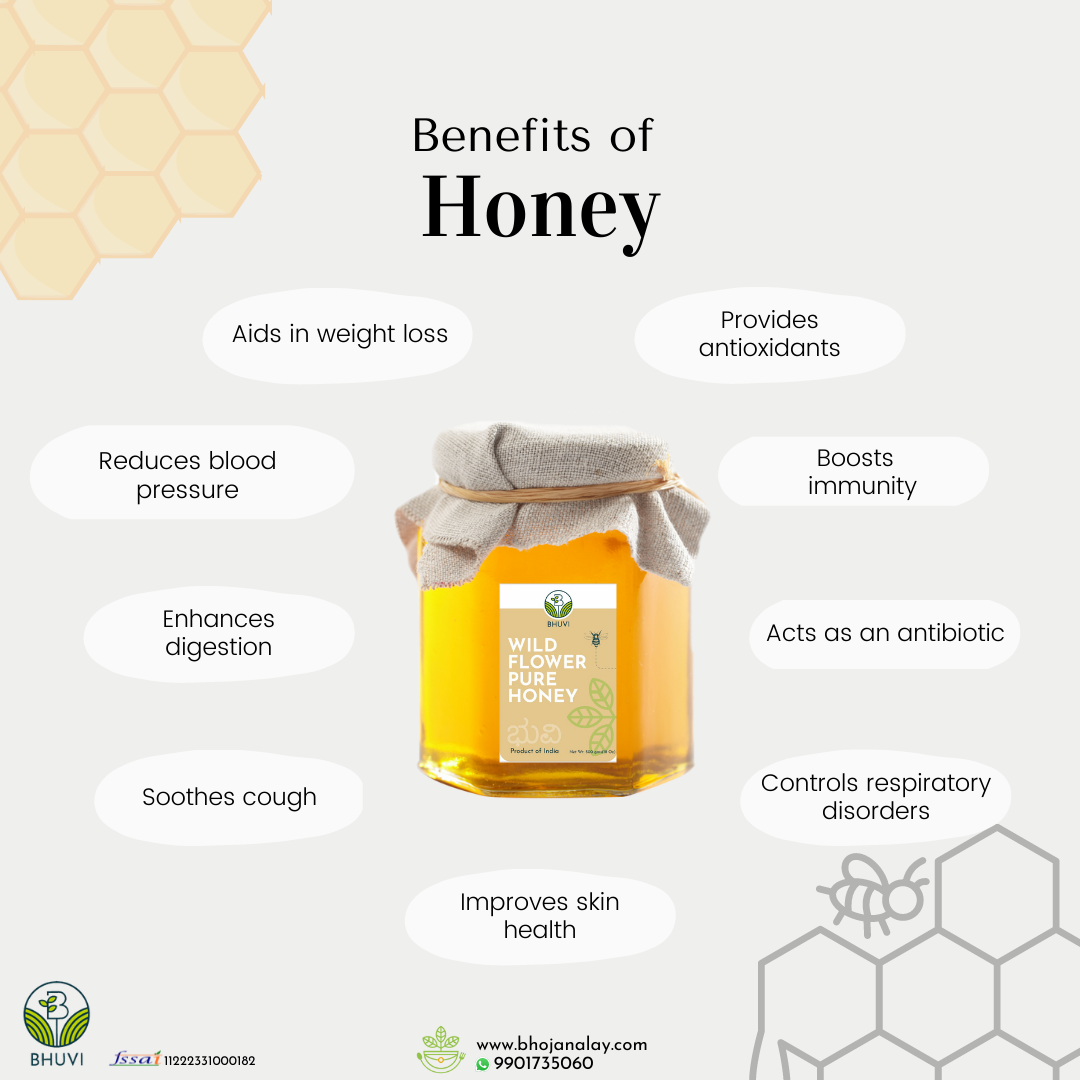
Honey is also a rich source of antioxidants, which can help to
protect the body against damage from free radicals. Free radicals are molecules
that can damage cells and contribute to the development of chronic diseases
such as cancer and heart disease. Antioxidants can neutralize free radicals and
prevent or slow down their damage. Studies have shown that honey contains
flavonoids, which are powerful antioxidants that can protect the body from the
harmful effects of free radicals. It's also been observed that darker honey
contains higher levels of antioxidants compared to lighter honey.
In addition to its antibacterial and antioxidant properties, honey
also has anti-inflammatory effects, which can be beneficial for people with
conditions such as asthma and rheumatoid arthritis. The anti-inflammatory
effects of honey are thought to be due to the presence of compounds such as
flavonoids and phenolic acids. These compounds have the ability to reduce
inflammation and swelling, which can help alleviate the pain and discomfort
associated with these conditions.
Honey is also a natural energy booster. It contains natural sugars
such as glucose and fructose, which can help provide a quick boost of energy
when needed. This makes it a great alternative to processed sugar and
artificial sweeteners. Unlike processed sugar, honey is a natural sweetener
that does not spike blood sugar levels, which can help prevent the development
of diabetes and other related health conditions. It also helps to sustain
energy levels for a longer period of time.
Honey has been used for centuries as a natural remedy for sore
throats and coughs. It has been shown to be effective in reducing inflammation
and soothing the throat. Honey can also help suppress coughs, making it a great
natural remedy for people with conditions such as bronchitis and asthma. The
antibacterial properties of honey can help fight off the infection that is
causing the sore throat or cough, and the anti-inflammatory properties can help
reduce the swelling and discomfort associated with these conditions. Mixing
honey with lemon and warm water can help soothe sore throats and suppress
coughs.
Honey has also been used as a natural remedy for wound healing. It
has been shown to be effective in promoting the growth of new tissue and
preventing infection. The antibacterial properties of honey can help keep
wounds clean and protect them from infection. Its high sugar content creates an
osmotic effect, which helps to dry out the wound, prevent the growth of
bacteria, and speed up the healing process. Manuka honey, from the Manuka tree
in New Zealand, is particularly known for its wound-healing properties.
Honey is also beneficial for skin health. It is a natural humectant, meaning it helps to keep skin hydrated and moisturized. It also has antimicrobial properties that can help clear up acne and other skin conditions. Honey can also be used as a natural exfoliant to remove dead skin cells and reveal a brighter, smoother complexion.
